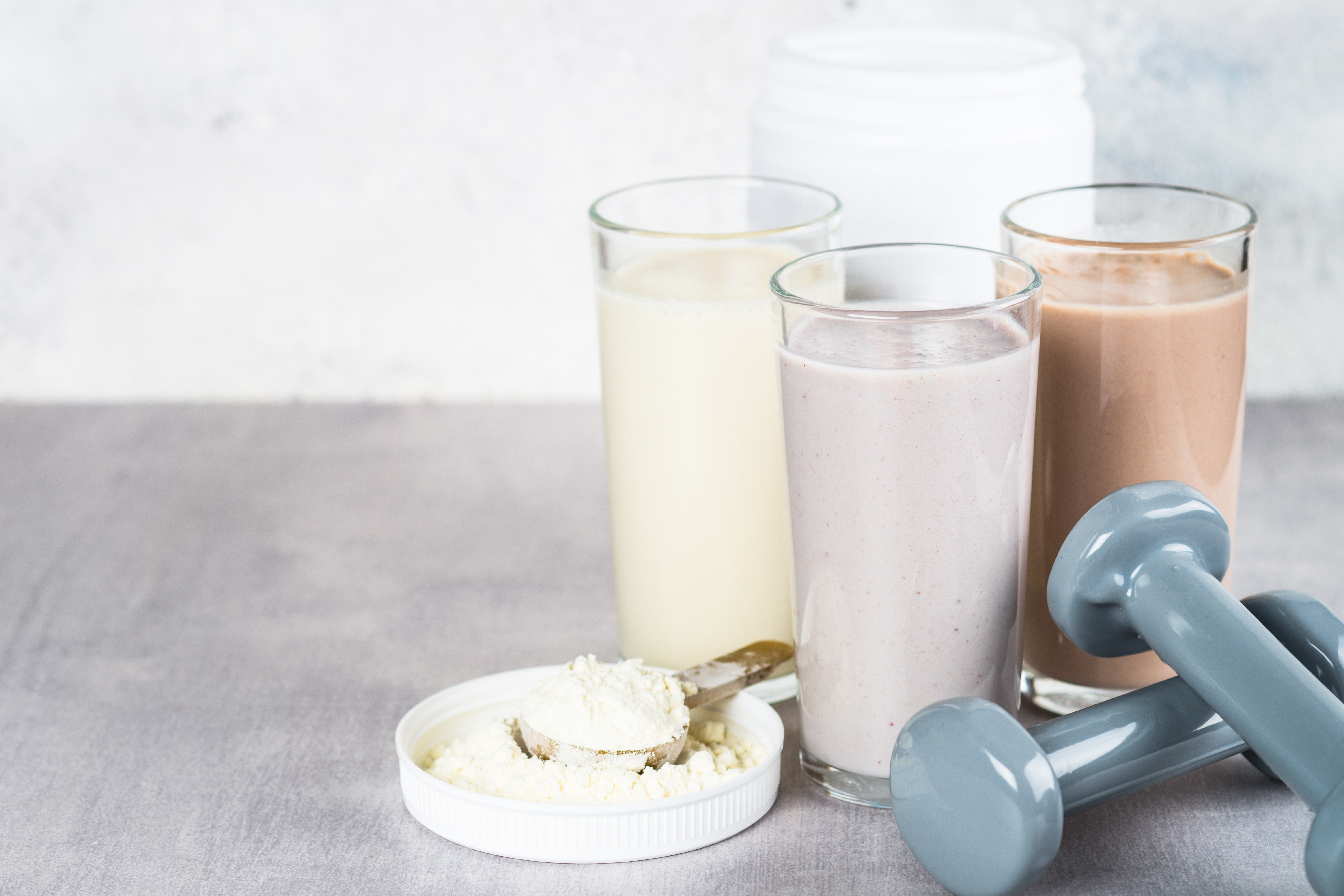Surprising Foods To Avoid If You Have High Cholesterol
41. Certain Protein Powders: The Supplement's Cholesterol Caveat

Protein powders have become a popular dietary supplement, but it's essential to choose them wisely, as some can be sneaky cholesterol offenders. While the protein itself is generally beneficial, the added ingredients in some protein powders can be problematic. Whey protein powders, especially those with added cream or whole milk powder, can be high in saturated fat. Saturated fat, as we know, can raise LDL cholesterol levels. Furthermore, some protein powders contain added sugars or artificial sweeteners, which can contribute to weight gain and metabolic imbalances, indirectly impacting cholesterol. Always read the label carefully and choose protein powders with minimal added sugars, unhealthy fats, and artificial ingredients. Plant-based protein powders, such as those derived from soy, pea, or brown rice, are often a good choice, as they tend to be lower in saturated fat and higher in fiber.
42. Duck: The Poultry Paradox

While poultry is often considered a heart-healthy alternative to red meat, duck presents a bit of a paradox. While it's still a source of protein, duck has a significantly higher fat content compared to chicken or turkey, and a large portion of that fat is saturated. Saturated fat, as discussed earlier, can raise LDL cholesterol levels, increasing the risk of heart disease. The fat in duck is concentrated in the skin, so removing the skin before cooking can help reduce the saturated fat content. Opt for lean cuts of duck whenever possible, and prepare it using healthier cooking methods like roasting or grilling instead of frying. Consider duck as an occasional treat rather than a regular part of your diet. Balancing your protein intake with other lean sources like fish, beans, and lentils is crucial for maintaining heart health.
